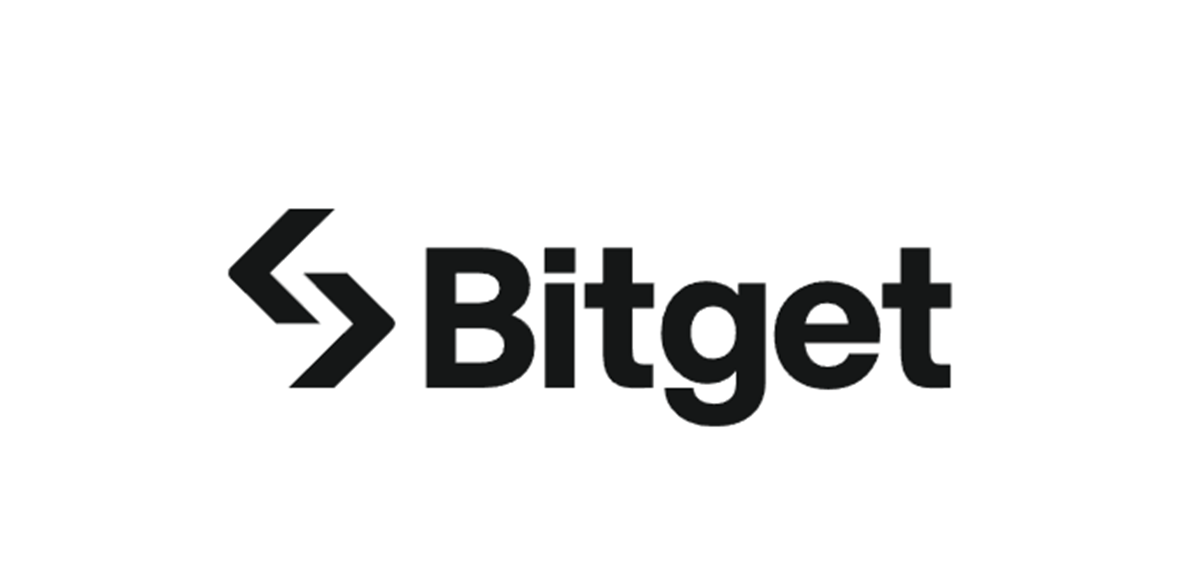- Bitget’s updated listing standards focus on evaluating FDV, tokenomics, and team background to enhance security and reduce scam risks.
- Bitget integrates OmniConnect to transform Telegram into a Web3 platform, enabling interaction with 500 blockchain networks.
One of the main players in the crypto market, Bitget Exchange, has released its revised token listing criteria. This action is meant to improve security, lower the possibility of fraud, and give users more open surroundings.
These tougher requirements highlight Bitget’s dedication to preserving user investments and upholding the integrity of its platform as the company manages over $1.5 billion in daily trades and watches $3.4 billion in user assets.
Assessing FDV and Team Background for Long-Term Stability
Beginning with the token’s completely diluted valuation (FDV), the new listing criteria center on assessing many facets of a project.
Projects seeking listing have to show that their FDV is less than twenty times the money generated during their financing cycles. A project bringing $5 million, for instance, has an FDV less than $100 million. This helps to prevent distorted values that can mislead investors and generate financial instability.
Bitget will also closely examine the past of development teams, and projects will have to provide thorough business plans and roadmaps to guarantee long-term survival.
Background searches on team members are also part of these assessments to find possible connections to illicit activity or fraud. Hon Ng, Chief Legal Officer at Bitget, stated:
“Projects looking to list a token on Bitget must undergo a rigorous legal and technical review to assess its code quality, security measures, and regulatory compliance, in accordance with Bitget’s listing criteria. This is an important step to protect our users from projects with high risks. Those that do not meet the standards will not be able to get listed on Bitget.”
Moreover, this new evaluation method depends much on the token unlocking timeline. Bitget identifies projects with shorter lock-up times as high-risk since such plans can result in early sell-offs, therefore upsetting token prices. Tokens already in use are not free from these guidelines.
Bitget now gives more of an eye on on-chain data analysis’s top importance in guaranteeing economic stability. The link between 24-hour trading volume and the FDV is a crucial signal; a notable difference would imply either lack of natural demand or price manipulation.
Red flags abound, for instance, a token with an FDV exceeding $10 million but less than $1 million in trading volume.
Bitget: Thorough Review Uncovers Risks in Token Distribution
Bitget assesses token distribution and security of smart contracts with extra precaution for tokens previously listed on other exchanges. Projects where the developer team keeps over 50% of the tokens or the issuer controls more than 20% are seen as dangerous, usually reflecting a centralizing tendency.
Sometimes projects try to hide these risks by spreading tokens over several wallets, but Bitget’s thorough investigation can find such dishonest methods. This all-encompassing strategy assists the platform to rid it of high-risk assets.
More generally, these developments represent Bitget’s approach to guaranteeing a safe and open trading environment. By additionally helping blockchain ecosystems grow, Bitget has positioned itself as a forward-looking platform.
To hasten dApp creation and increase the ecosystem, the exchange has teamed with Foresight Ventures to commit $30 million in the TON blockchain, as we previously reported.
Beside that, through OmniConnect, which converts Telegram into a Web3-compatible platform, Bitget is also stretching the bounds of blockchain accessibility. CNF highlighted that the integration lets users easily engage with more than 500 distinct blockchains, therefore confirming Bitget’s leadership in the Web3 scene.

почивка в турция за нова година